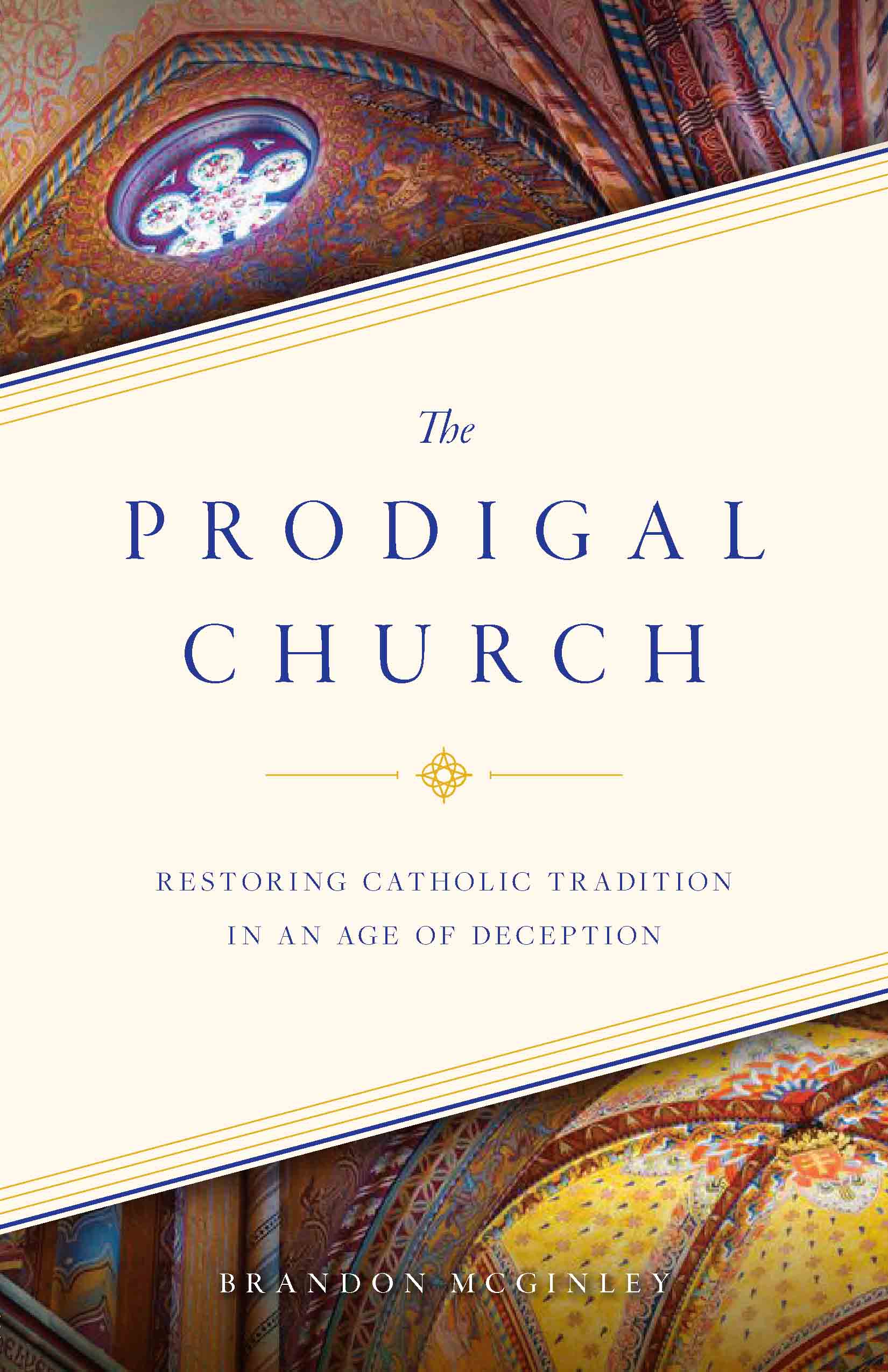Friendship too often gets overlooked in Catholic discourse, but it’s absolutely essential to understanding the proper relationship among members of the Body of Christ, and between us and Christ. We talk as if romantic love is the apex of human sociality, and the only kind of love worthy of serious attention. While friendship, unlike romantic love, is not ordered toward a complete communion of persons, bodily and spiritually, friendship is not inferior or inessential.
This casual approach to friendship is both reflected in and reinforced by the way we practice it. We treat friendships as arbitrary and temporary, as side effects of our other duties. When work calls us to another city or our children transfer to another school, our relationships change, with some being terminated, or at least downgraded, while new friendships of convenience form. We experience friendship passively, as something that happens to us rather than something we choose and participate in and work at. And so the idea that friendships might involve love sounds strange — too intimate, too permanent, too intense. Yet Jesus uses the language of friendship to deliver one of His most beautiful discourses on love:
This is my commandment, that you love one another as I have loved you. Greater love has no man than this, that a man lay down his life for his friends. You are my friends if you do what I command you. No longer do I call you servants, for the servant does not know what his master is doing; but I have called you friends, for all that I have heard from my Father I have made known to you. You did not choose me, but I chose you and appointed you that you should go and bear fruit and that your fruit should abide; so that whatever you ask the Father in my name, he may give it to you. This I command you, to love one another. (John 15:12–17)
Not only is self-sacrificial friendship not inferior to romantic love; it is the greatest love. It is the love that Christ Himself manifested in His Passion. It is the love we are called to have for Him in return— the desire and the will to give up anything, including our very lives, for Him. Friendship is the relationship Christ had with His apostles, and has with us when we follow Him. It is, in turn, the way He calls us to relate to our fellow members of His Body.
If marriage is the skeleton key for understanding the relationship between Christ and the Church, and if the family is the skeleton key for understanding the relationship between the faithful and God the Father and Holy Mother Church, then friendship is the skeleton key for understanding the relationship among the faithful. Friendship is, uniquely, the form of intimacy demonstrated for us by Christ during His earthly ministry; while His status as Son and Bridegroom is mystical, His status as friend was and is corporeal.
Indeed, we revitalize this sacrificial friendship at every Mass and every Communion. We are transported to the foot of the Cross, where Christ showed us what love really asks of us. We are united with Him sacramentally, which includes spiritually and bodily — which does not mean, of course, sexually, but in an act of sacrifice and mercy. Then we are to go out and spread the grace of that sacrifice to the world — but in a particular way to our fellow members of His Body.
“Love one another as I have loved you.” We take the love He offers us and reflect it to others. One of the greatest fruits of the Mass, and of all the sacraments, is genuine friendship.
+
This article is adapted from a chapter in The Prodigal Church by Brandon McGinley, which is available from Sophia Institute Press.
Art for this post on Friendship: Cover and featured image used with permission.





